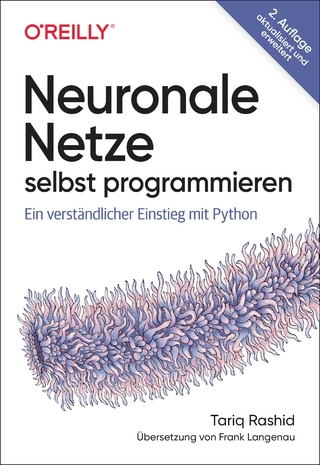
Multiverse Analysis
Cambridge University Press (Verlag)
978-1-316-51878-6 (ISBN)
There are many ways of conducting an analysis, but most studies show only a few carefully curated estimates. Applied research involves a complex array of analytical decisions, often leading to a 'garden of forking paths' where each choice can lead to different results. By systematically exploring how alternative analytical choices affect the findings, Multiverse Analysis reveals the full range of estimates that the data can support and uncovers insights that single-path analyses often miss. It shows which modelling decisions are most critical to the results and reveals how data and assumptions work together to produce empirical estimates. Focusing on intuitive understanding rather than complex mathematics, and drawing on real-world datasets, this book provides a step-by-step guide to comprehensive multiverse analysis. Go beyond traditional, single-path methods and discover how multiverse analysis can lead to more transparent, illuminating, and persuasive empirical contributions to science.
Cristobal Young is Associate Professor of Sociology at Cornell University. He received his PhD from Princeton University in 2010. His first book, The Myth of Millionaire Tax Flight: How Place Still Matters for the Rich, was published with Stanford University Press in 2017. Erin Cumberworth is a sociologist who studies inequality and public policy. She received her Ph.D. from Stanford University in 2017.
Part I. Introduction: 1. The Many Worlds of Analysis; 2. The Multiverse as a Philosophy of Science; Part II. The Computational Multiverse: 3. Hurricane Names: An Applied Introduction; 4. The Multiverse Algorithm; 5. Empirical Multiverses; 6. Influence Analysis and Scope Conditions; 7. Good and Bad Controls; 8. Some Alternative Approaches; Part III. Expanding the Multiverse: 9. Functional Form Robustness; 10. Data Processing: Invisible Decisions that Matter; 11. A Data-Processing Multiverse: Re-Analysis of Regnerus (2012) and Critics; 12. Retractions in Social Science: Mis-Adventures in Data Processing; 13. Weights in the Multiverse; 14. Conclusion; Appendix: Coding with MULTIVRS in Stata.
| Erscheinungsdatum | 04.04.2025 |
|---|---|
| Reihe/Serie | Analytical Methods for Social Research |
| Zusatzinfo | Worked examples or Exercises |
| Verlagsort | Cambridge |
| Sprache | englisch |
| Themenwelt | Informatik ► Datenbanken ► Data Warehouse / Data Mining |
| Sozialwissenschaften ► Soziologie ► Empirische Sozialforschung | |
| ISBN-10 | 1-316-51878-7 / 1316518787 |
| ISBN-13 | 978-1-316-51878-6 / 9781316518786 |
| Zustand | Neuware |
| Informationen gemäß Produktsicherheitsverordnung (GPSR) | |
| Haben Sie eine Frage zum Produkt? |
aus dem Bereich


